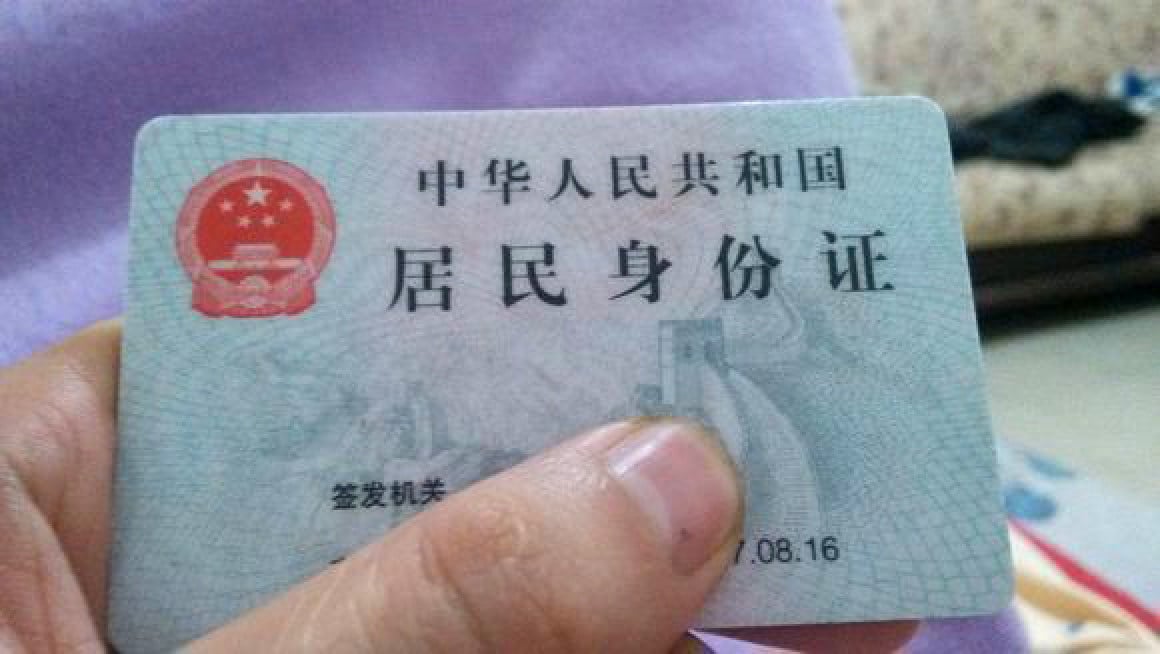
China plans digital version of national identification card later this year, premier says
- Li Keqiang says the nationwide introduction would help meet the ‘basic living needs concerning daily lives’, especially for those living away from their home province
- Digital IDs have been tested since 2018, and they are currently accepted in more than 15 major cities in China
Premier Li Keqiang announced on Friday that the Chinese government would introduce a digital version of the national identification card this year, enabling better government services for an increasingly cyber-savvy population.
Speaking at the annual briefing at the end of the National People’s Congress, Li said one aim was to better meet the “basic living needs concerning daily lives” of more than 100 million citizens who lived away from their home province.
He said: “Some are elderly people living away from their hometown with their children in the other cities, some are there for jobs and education. They have to run back and forth to get things done. So getting things done interprovincially has become a new constant demand for the Chinese people.”
“One policy from the government this year is to make ID cards electronic, so that relevant information can be accessed by a simple scan of the code on the cellphone,” he said.

The premier added that the government would also provide convenience for those people – especially the elderly – who did not use smartphones, and that there would be protocols to ensure information security and protect privacy.
China’s Ministry of Public Security, the lead administrator of China’s national ID system, started a pilot trial of digital IDs in 2018 with major Chinese state-owned banks and internet companies including Tencent and Alibaba Group, allowing residents in major cities including Hangzhou, Guangzhou, Zhengzhou and Fuzhou to apply for a digital version of the national identification card.
Alibaba Group owns the South China Morning Post.
Tapping Tencent’s WeChat and Alibaba’s Alipay, residents could employ facial recognition mechanisms to authenticate their virtual ID cards, which could be used in hotel registration, ticketing, banking and delivery services, among other things.
Virtual ID is currently accepted in more than 15 major cities in China.
What’s behind China’s push for digital national ID cards?
Chen Qian, 40, an electronic product trader in Guangzhou, welcomed the expansion of the electronic ID Premier Li suggested.
Chen helped his parents to sign up for the digital ID and said cyber identification was better because “it combines all the ID documents into one digital code”.
“In Guangzhou, whenever I am stopped by the traffic police, registering a new business, and checking in at a hotel, all I need is a smartphone. But smaller cities still don’t accept the virtual ID. So I will still need to carry all the physical documents like my ID, driving licence, vehicle registration, et cetera when I travel.”
However, recalling the trouble he experienced last year, Chen noted that “while it is a lot more convenient, the problem is also more serious if you lose your phone”.
He said he spent about a whole day “re-registering” his WeChat and deactivating the old phone, which was linked to his virtual ID.
China begins testing digital yuan with Hong Kong
A Beijing-based lawyer who is a member of the city’s legislature said China would need to amend its resident identity card law to make digital IDs legally viable.
“The last update of the National Resident Identity Card Law was a decade ago. With the emergence of electronic ID cards, the law will have to be revised accordingly,” said the lawyer, who requested anonymity due to the sensitivity of the subject.
The lawyer said the current law would have to add new provisions to determine the validity of an electronic ID card, eligibility for an electronic ID card, the platform and procedures for application, identification and legal responsibility of the ID holder.
“It will need to address many legal issues. I will have to speak to some NPC deputies to see if we can do it in next year’s session,” the lawyer said.

